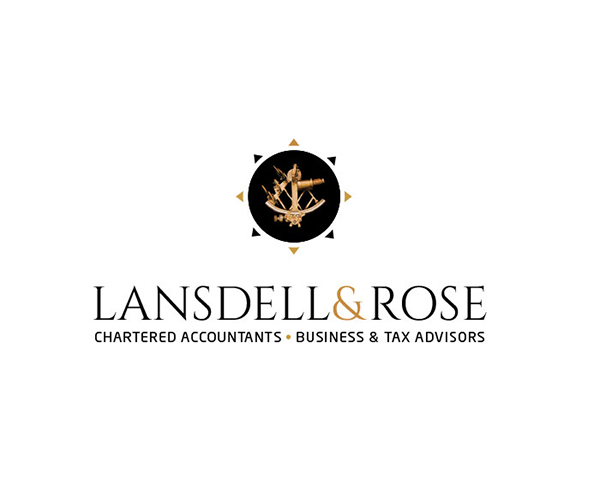Are you aware of the changes to Capital Gains Tax? According to a report, probably not! – Michael Lansdell
Featured Products Promotional FeaturesPosted by: Dental Design 5th September 2019

 If you’ve been renting out a property that you own, but want sell it, you may be confused about when, or indeed if, you should. Selling a house is rarely a stress-free experience, but with wider economic forces currently denting confidence in all areas, the idea of selling up may be one headache too many to contemplate. The Brexit-shaped elephant in the room is going to be lurking until at least the end of the October, although it is probably optimistic to assume that there’ll be any more clarity by the time Halloween rolls around.
If you’ve been renting out a property that you own, but want sell it, you may be confused about when, or indeed if, you should. Selling a house is rarely a stress-free experience, but with wider economic forces currently denting confidence in all areas, the idea of selling up may be one headache too many to contemplate. The Brexit-shaped elephant in the room is going to be lurking until at least the end of the October, although it is probably optimistic to assume that there’ll be any more clarity by the time Halloween rolls around.
That isn’t the only fly in a homeowner’s ointment, though, with big changes to the way that Capital Gains Tax (CGT) is reported and paid from April 2020.
New CGT rules in a nutshell
CGT applies when you are taxed on the profit you have made when you sell an asset, including property located in or outside the UK. From 6 April 2020, when you sell a property, you’ll now have just 30 days declare what your gain is (based on a provisional calculation) and then pay the estimated tax due.
If you are registered for self-assessment, the gain will need to be declared on your tax return and any CGT over and above your estimate will need to be paid before the usual self-assessment deadline of midnight on 31 January. If you’re not, you won’t need to sign up, but you will have to review your estimated tax due in the tax year afterthe one in which you made a gain. Any adjustments to CGT will need to be paid then.
How do I estimate CGT?
Estimate your taxable income for the year. It may be the case that some of your CGT needs to be paid at 18 per cent and some at 28 per cent (this depends on which income tax band you are in).
When estimating CGT, there are several factors which could possibly reduce liability. One tip is if you are also intending to also sell other assets at a loss. If the transaction is made before you report any gains under the 30-day rule, you can take account of this loss when estimating your payment for CGT.
But please make sure you ask for advice because you can’t resubmit a reduced calculation for CGT once you’ve submitted it – this will need to be dealt with on your self-assessment tax return or year-end review. Errors and failing to meet the 30-day deadline will naturally incur penalties too – yet another reason to arm yourself with the support and expertise of a great accountant! Find one with knowledge of the specific financial forces and factors faced by dental practice owners and principals such as Lansdell & Rose. The team has years of experience advising the dental sector on good tax planning and more.
Get in the know!
According to a report from HMRC, many taxpayers likely to be affected aren’t unaware of these changes – and that’s not all. There are also going to be cuts in the reliefs for capital gains on the sale of residential property, when the property was your home. These changes happening all at once simply mean that more taxpayers will be subject to the 30-day deadline from April next year.
This is an important topic that we’ll revisit. But don’t let any confusion stand in the way of running a profitable practice. With a good plan, thinking ahead and getting in the know, you can deal with any changes and stay focussed on your dentistry and your thriving, successful business.
For more information please visit www.lansdellrose.co.uk
or call Lansdell & Rose on 020 7376 9333.
No Comments
No comments yet.
Sorry, the comment form is closed at this time.



